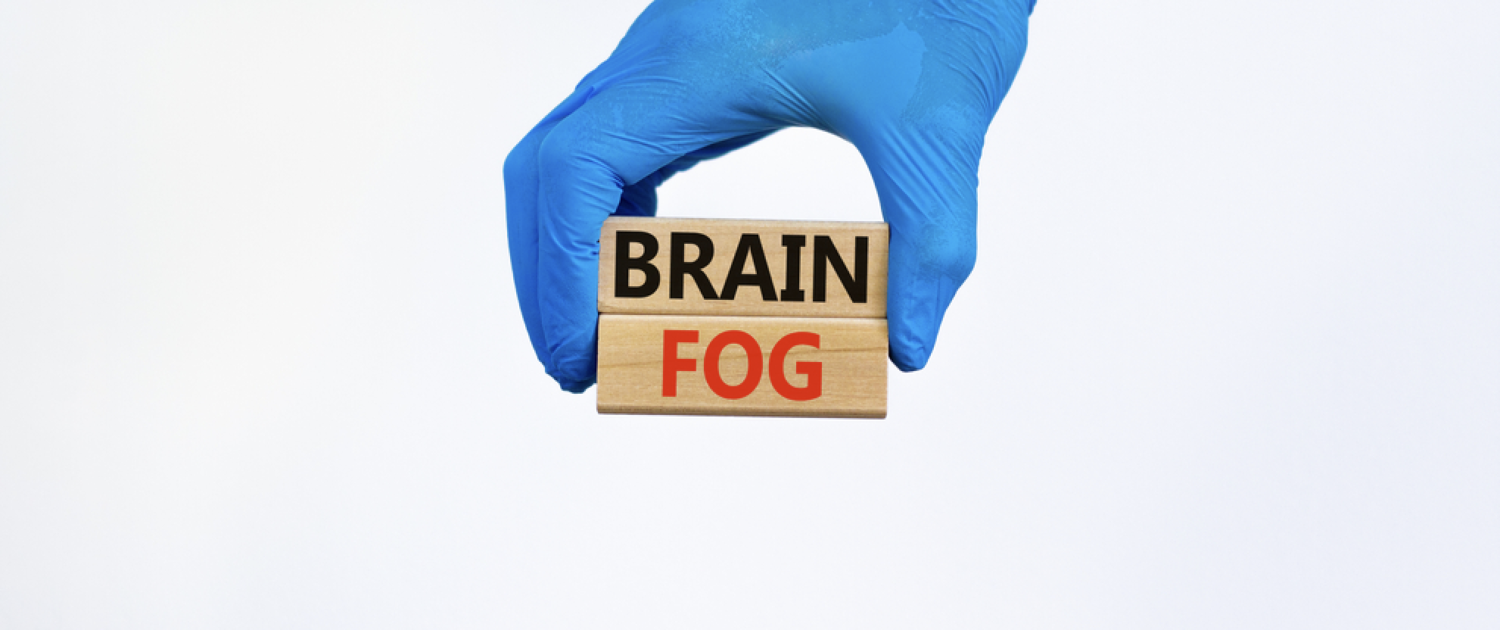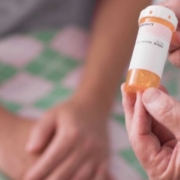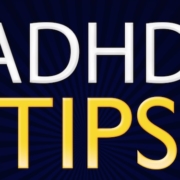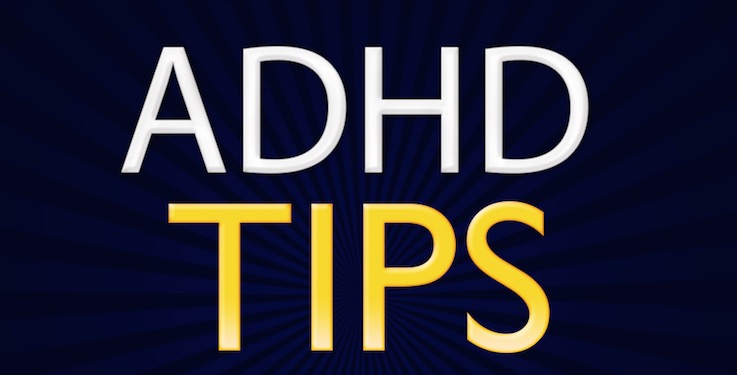The Importance of ADHD Relaxation Techniques for Your Child
The Importance of ADHD Relaxation Techniques for Your Child
The Importance of ADHD Relaxation Techniques for Your Child
As a parent with a child with ADHD, you might struggle to find ways to help your child calm down and relax. Many with ADHD have difficulty paying attention to one task or activity, jumping from one thing to the next, and struggling to follow through with tasks until completion.
Research also shows how ADHD and stress are closely linked, meaning your child may have trouble with feeling overwhelmed or anxious. And this is why relaxation techniques and strategies are so important for individuals (and children) with ADHD. So, let’s dig into this a little bit further. What should you know?
Why Explore Relaxation Techniques for ADHD?
Relaxation techniques offer a helpful tool, allowing your child to self-soothe and relax. This can help your child find ways to reduce stress in their daily life and potentially even enhance their concentration and attention. In fact, learning ways to relax is a crucial piece in ADHD management and treatment plans.
So, what kind of relaxation techniques should you and your child consider exploring?
1. Deep Breathing Techniques
Deep breathing activates the parasympathetic nervous system (the rest-and-digest system) and switches off the stress response. It’s also really simple!
For an easy go-to deep breathing strategy, inhale for four counts, ensuring it’s a full belly breath. Then, hold for four counts and exhale for another four counts. Continue to do this for 5-8 rounds.
2. Journaling
Journaling can offer a way to get your child’s thoughts out on paper and help them de-stress, as well as organize them. The key is just to write down whatever comes to their mind. Set a timer for 5-10 minutes, and allow them to “brain dump” onto the paper.
3. Practice Gratitude
Gratitude practice helps foster a positive mindset and prevent negative spirals, which can happen when your mind jumps quickly from one thought to the next. Like journaling, set a timer and have your child jot down everything and anything they are grateful for. Make sure you emphasize the importance of truly feeling that sense of appreciation!
4. Move!
Yes, exercise can offer a way for your child with ADHD to relax and de-stress. Try performing some quick jumping jacks or go for a quick and brisk walk around the block. This can bump up endorphins and decrease cortisol (the stress hormone).
5. Do a Five Senses of Mindfulness Exercise
This involves having your child point out five things they can see, the farthest sound they can hear and the closest sound they can hear, something they can smell, something they can taste, and how their body feels. This can further nurture a mind-body connection early on for your child, helping them grow into a healthy adult.
For more strategies to manage ADHD, Pathways Neuropsychology Associates is here to help. Contact us today to schedule your appointment.
#top .av_textblock_section.av-1gxsrrf-f4dcc3a27e41ae5d0dde40beb7e1f789 .avia_textblock{
font-size:16px;
}
At Pathways Neuropsychology Associates we use evidence-based evaluation instruments and treatments to get you, your loved one, or your child on the path to success. If you or someone you love are struggling with the symptoms of ADHD, call now and get started!
.flex_column.av-15us24r-039698142bedcfd0026b12c9097f5e9e{
border-width:2px;
border-color:#d9d9d9;
border-style:solid;
-webkit-border-radius:0px 0px 0px 0px;
-moz-border-radius:0px 0px 0px 0px;
border-radius:0px 0px 0px 0px;
padding:20px 20px 20px 20px;
background-color:#f8f8f8;
}
The post The Importance of ADHD Relaxation Techniques for Your Child appeared first on Pathways Neuropsychology Associates.
Source: Pathways Neuropsychology
The Importance of ADHD Relaxation Techniques for Your Child











 Medication in Your DMs?
Medication in Your DMs?






 ADHD – Back to School Tips
ADHD – Back to School Tips